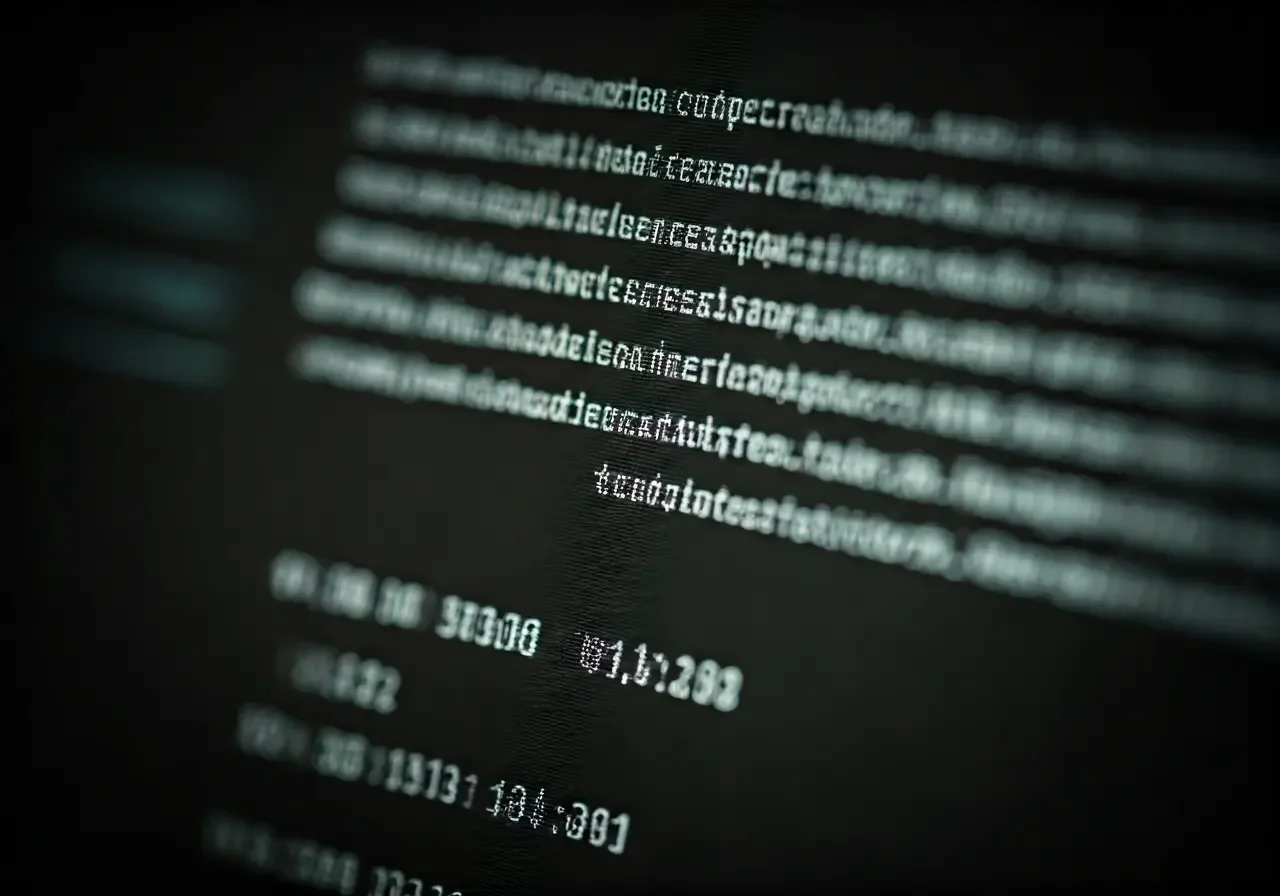Why Is Digital Evidence Recovery Important for Legal Cases in California?
In today's technological age, digital evidence has become a cornerstone in legal processes, especially in California. As evidence continues to evolve, understanding how to effectively recover and utilize it is vital. This blog will explore the significance of digital evidence recovery in legal cases and the impact it holds in judicial systems.
Understanding Digital Evidence
Digital evidence encompasses any data that can be used in a court of law that is stored, transmitted, or received in digital form. From emails and social media posts to databases and CCTV footage, the scope is vast.
One of the most interesting aspects of digital evidence is its ability to offer details that traditional evidence might miss. For instance, metadata embedded within digital files can reveal the time and location of an event, offering a precise timeline that can be critical in legal investigations.
Additionally, the rise of the Internet of Things (IoT) has expanded the types of digital evidence available. Devices such as smart doorbells and fitness trackers can hold valuable information for investigations, further underlining the importance of understanding digital data in today's world.
Why is Digital Evidence Recovery Crucial?
Digital evidence recovery is vital as it provides critical information that can substantiate claims or defenses in legal cases. It ensures the accuracy and integrity of evidence, which is crucial in legal proceedings.
The ability to recover digital evidence accurately can often determine the outcome of a case. In scenarios where digital communication or actions constitute the primary evidence, such as in cases of cyberbullying or online fraud, neglecting to correctly recover this evidence can lead to unjust verdicts.
Moreover, recovered digital evidence must be presented in a manner that is legally admissible, which makes the role of digital forensics specialists incredibly important. They ensure that the evidence is not only recovered but also preserved in compliance with the legal standards.
Legal Framework in California
California has specific regulations and standards for handling digital evidence, which emphasize the importance of recovering and presenting it correctly. These legal frameworks guide how evidence should be collected and preserved.
One framework to note is the state's recognition of electronic records as legitimate evidence, provided they meet certain criteria to prove authenticity. This includes demonstrating that the records have not been tampered with and that they accurately reflect the data as originally recorded.
Furthermore, California law has specific guidelines regarding the privacy of individuals when accessing digital evidence. It is crucial to adhere to these guidelines in order to ensure that evidence is permissible in court and that individual rights are respected.
Challenges in Digital Evidence Recovery
While digital evidence is invaluable, recovering it poses challenges such as data encryption, deletion, and the technical expertise required to access and interpret digital information.
Another challenge is the sheer volume of data available. With vast troves of information, pinpointing specific evidence relevant to a case can be akin to finding a needle in a haystack, requiring sophisticated software tools to assist forensic specialists.
Additionally, the fast-paced evolution of technology means that forensic specialists must continually update their skills and tools. New forms of malware and data obfuscation methods are constantly emerging, necessitating ongoing education and adaptation.
Best Practices for Digital Evidence Recovery
To ensure effective recovery, legal professionals should adhere to best practices, including maintaining chain of custody, using forensic specialists, and following legal guidelines to avoid compromising evidence.
It's crucial to begin the preservation of digital evidence as soon as possible to prevent data loss or alteration. This often involves isolating and securing digital devices to maintain their original state until analysis can be performed.
Another best practice is collaborating with experienced digital forensics experts. These professionals bring the necessary skills and tools to recover evidence efficiently, thus playing a pivotal role in ensuring the integrity and admissibility of evidence in legal proceedings.
Wrapping Up: The Critical Role of Digital Evidence Recovery
Digital evidence recovery plays a crucial role in legal cases, particularly in California's intricate legal landscape. By understanding its importance, methods, and challenges, legal professionals can better prepare to handle cases in a technologically driven era. As technology advances, the process of recovering and utilizing digital evidence will continue to grow in significance. For more resources, visit our homepage.

